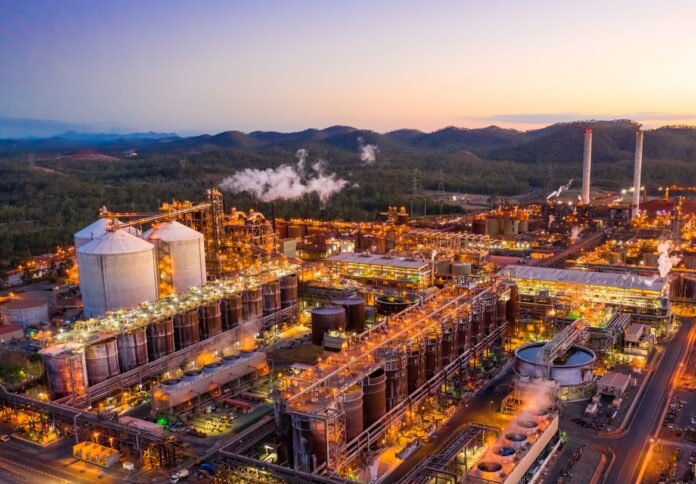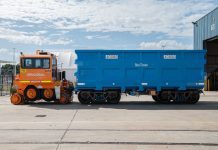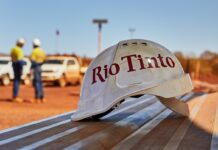
Rio Tinto has released its operational highlights for the fourth quarter of 2023, emphasising a commitment to safety while achieving the fifth consecutive year with no fatalities at managed operations.
Despite ongoing safety incidents, the Pilbara operations saw an increase in iron ore production by two per cent, reaching 331.5 million tonnes, supported by the Safe Production System and the successful ramp-up of Gudai-Darri.
In a media release, the ASX-listed company revealed shipments also reached the second-highest on record at 331.8 million tonnes.
Plans were announced to increase Gudai-Darri’s iron ore production capacity by 7 million tonnes, subject to approvals.
Bauxite production remained unchanged at 54.6 million tonnes, while aluminium production increased by nine per cent to 3.3 million tonnes due to full capacity at the Kitimat smelter and successful recovery efforts at Boyne.
The completion of the Matalco joint venture and acquisition of a 50 per cent equity stake were highlighted, with production of recycled aluminium reaching 582 thousand tonnes in 2023.
Mined copper production increased by two per cent, but refined copper production decreased by 16 per cent due to a major rebuild at Kennecott.
Rio Tinto also acquired PanAmerican Silver’s stake in Agua de la Falda and entered a joint venture (Nuevo Cobre) with Codelco for copper exploration in Chile.
Titanium dioxide slag production decreased by seven per cent, mainly due to incidents at RTIT Quebec Operations. Challenges, such as wildfires and plant downtime, led to a six per cent decrease in IOC production.
The company reported progress in implementing the Safe Production System at approximately 60 per cent of its sites, resulting in a 20 per cent yearly improvement in AIFR globally.
The Investor Seminar in Sydney covered long-term strategies, including investments in the Simandou iron ore project and decarbonization efforts to halve emissions by 2030.
Despite a comparable cash outflow from increased working capital, Rio Tinto faced lower dividends from Escondida.
Board changes included new appointments, such as James O’Rourke, Martina Merz, and Sharon Thorne.
Settlement of a court-approved suit with the SEC regarding disclosure of the impairment of Rio Tinto Coal Mozambique in 2012 was also announced.
Post-period, Dampier Salt Limited entered a sales agreement for the Lake MacLeod operation in Western Australia.
Rio Tinto’s Chief Executive Jakob Stausholm highlighted progress in shaping the company’s future portfolio, entering the recycled aluminium market in North America, and advancing the Simandou iron ore project.
“There is good demand for the materials we produce, and our purpose and long-term strategy make more sense than ever. The work we are doing today is creating a stronger Rio Tinto for years to come, as we invest in profitable growth while continuing to deliver attractive shareholder returns,” the CEO noted.


















